Chaplains In Gray: The Confederate Chaplain’s Story
Nonfiction, History, Modern, 19th Century, Americas, United States, Civil War Period (1850-1877), Military| Author: | Charles Frank Pitts | ISBN: | 9781786255938 |
| Publisher: | Golden Springs Publishing | Publication: | November 6, 2015 |
| Imprint: | Golden Springs Publishing | Language: | English |
| Author: | Charles Frank Pitts |
| ISBN: | 9781786255938 |
| Publisher: | Golden Springs Publishing |
| Publication: | November 6, 2015 |
| Imprint: | Golden Springs Publishing |
| Language: | English |
ONE of the oddities of history is that men of peace have never been known to stay out of a fight!
There yet remains to be told the story of the chaplains to the men in gray who fought through the bitter years of 1861-1865. Men of war, they stood for him who is called the Prince of peace.
In considering the chaplains in the Army of the Confederate States, we are brought face to face with the most amazing display of spiritual power ever witnessed among fighting men on the American continent. We are made aware of the effectiveness of their unique approach to the religious needs of men in uniform. We find tangible proof of the tremendous contribution which religious faith makes to military efficiency. We see the startling results of close co-operation between officers of the line and their spiritual leaders. In the ranks of the Southern armies there appeared a spiritual hunger that could only be assuaged by the uncompromised preaching of the cross. In the valley of the shadow, men of God, loyal to their native states, by precept and example wrote their names among Dixie’s men of valor. These chaplains have a message peculiarly fitted for us today—a message of optimism and encouragement.
ONE of the oddities of history is that men of peace have never been known to stay out of a fight!
There yet remains to be told the story of the chaplains to the men in gray who fought through the bitter years of 1861-1865. Men of war, they stood for him who is called the Prince of peace.
In considering the chaplains in the Army of the Confederate States, we are brought face to face with the most amazing display of spiritual power ever witnessed among fighting men on the American continent. We are made aware of the effectiveness of their unique approach to the religious needs of men in uniform. We find tangible proof of the tremendous contribution which religious faith makes to military efficiency. We see the startling results of close co-operation between officers of the line and their spiritual leaders. In the ranks of the Southern armies there appeared a spiritual hunger that could only be assuaged by the uncompromised preaching of the cross. In the valley of the shadow, men of God, loyal to their native states, by precept and example wrote their names among Dixie’s men of valor. These chaplains have a message peculiarly fitted for us today—a message of optimism and encouragement.

![Cover of the book Staff Ride Handbook For The Battle Of Perryville, 8 October 1862 [Illustrated Edition] by Charles Frank Pitts](https://www.kuoky.com/images/2014/august/300x300/9781782895312-4tZA_300x.jpg)

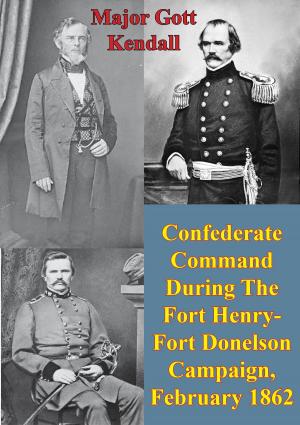
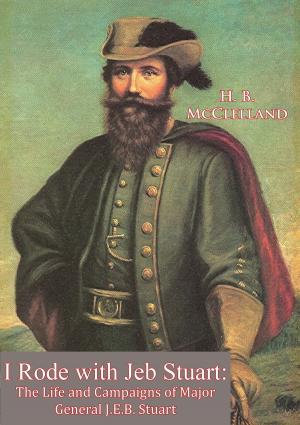
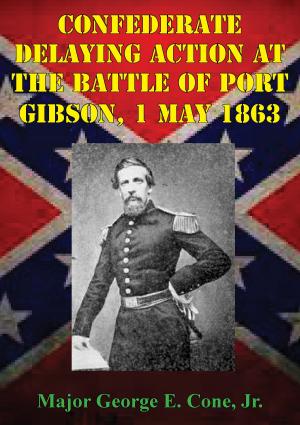
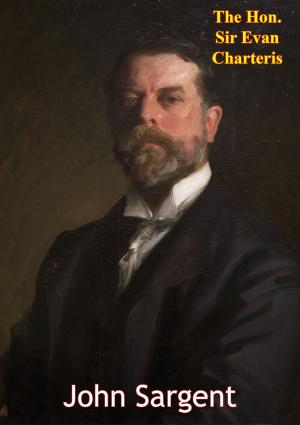
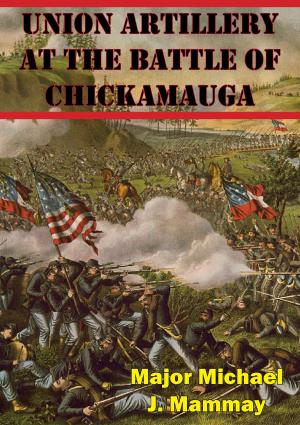



![Cover of the book Staff Ride Handbook For The Battle Of Shiloh, 6-7 April 1862 [Illustrated Edition] by Charles Frank Pitts](https://www.kuoky.com/images/2014/august/300x300/9781782895305-0ab4_300x.jpg)
![Cover of the book Military Memoirs Of A Confederate: A Critical Narrative [Illustrated Edition] by Charles Frank Pitts](https://www.kuoky.com/images/2014/august/300x300/9781782895282-LpNv_300x.jpg)
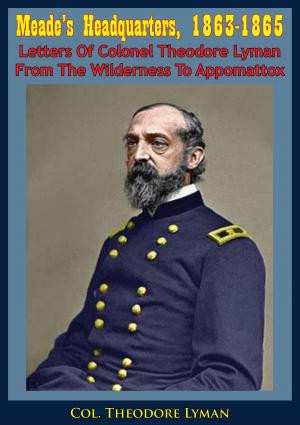

![Cover of the book Recollections Of A Confederate Staff Officer [Illustrated Edition] by Charles Frank Pitts](https://www.kuoky.com/images/2014/august/300x300/9781782895299-wepu_300x.jpg)